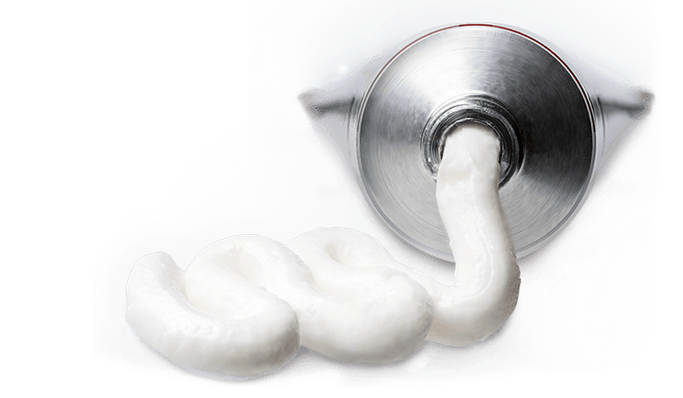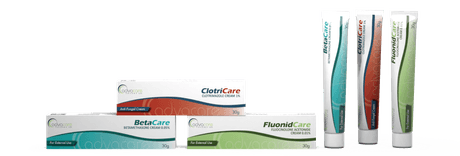What are Medical Creams?
Medical creams are a type of topical medication formulated as semi-solid substances and supplied in multiple-dose tubes. They are designed to be applied directly to the skin and can possess a wide range of pharmacological properties, such as antibacterial, antibiotic, antifungal, protective, or cleansing actions.
The semi-solid consistency of therapeutic creams allows for easy spreading and absorption into the skin, ensuring effective delivery of active ingredients. Additionally, the multiple-dose tubes provide convenience and allow for controlled dispensing of the cream, minimizing waste and ensuring accurate dosage.
Topical creams are commonly used to treat a variety of skin conditions, ranging from infections to inflammatory disorders. Antibacterial creams help combat bacterial infections, while antifungal creams are effective against fungal infections. Protective creams form a barrier on the skin's surface, shielding it from external irritants or preventing moisture loss. Cleansing creams aid in removing impurities or excess oil from the skin, promoting a clean and refreshed complexion.
The choice of medical cream depends on the specific condition being treated, the desired therapeutic action, and individual patient factors.


